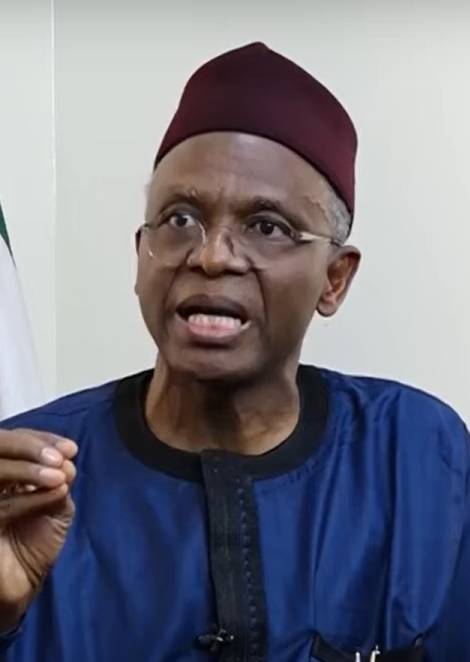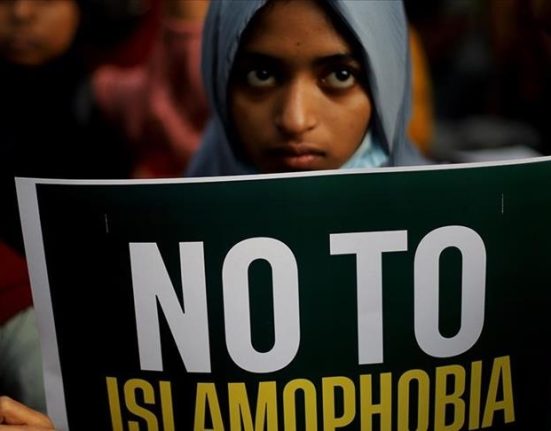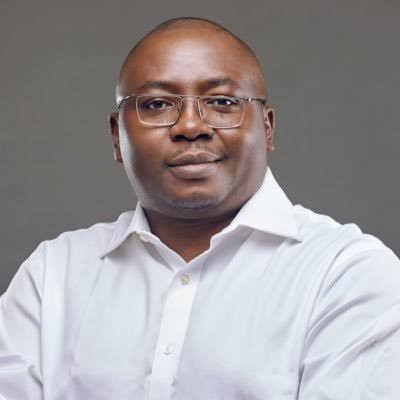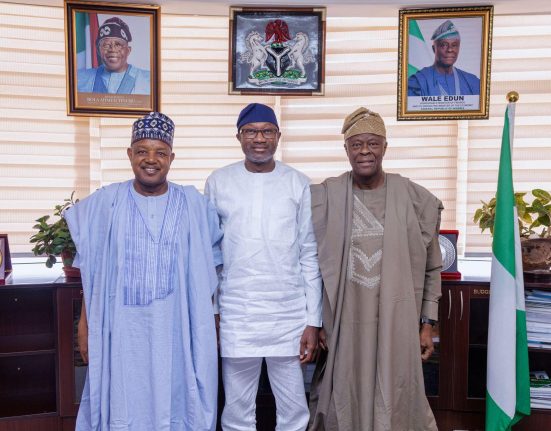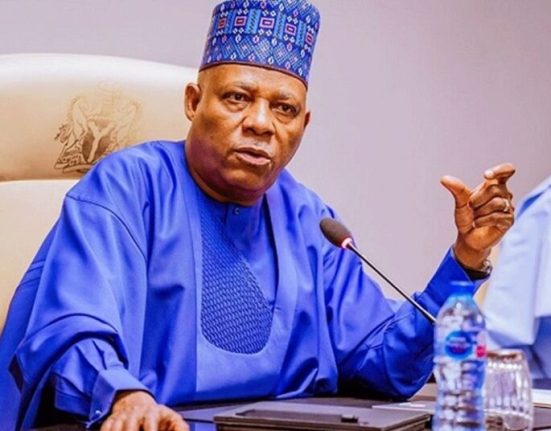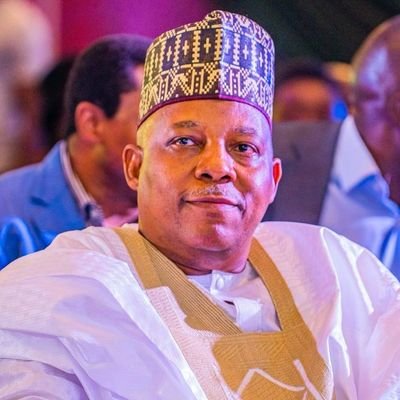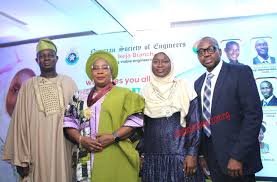The recent defection of former Kaduna State Governor, Nasir El-Rufai, from the All Progressives Congress (APC) to the Social Democratic Party (SDP) has triggered intense political discussions, with analysts debating its impact on Nigeria’s 2027 presidential elections. While some view his move as a strategic attempt to unify opposition forces, others see it as a self-serving decision with little consequence.
El-Rufai, a founding member of the APC, cited the party’s lack of internal democracy and other governance concerns as his reasons for leaving. However, his departure has divided opinions among northern and southern political leaders, raising questions about whether he intends to run for president alongside a southern candidate.
Mixed Reactions from Northern Leaders
Suleiman Abdul-Aziz of the Northern Elders Forum (NEF) dismissed El-Rufai’s defection as a move driven by personal ambition rather than national interest. He argued that the former governor’s political history is filled with contradictions, including past criticisms of northern leaders, whom he once accused of incompetence and corruption.
“El-Rufai has often distanced himself from northern leadership, so his sudden attempt to rally the region behind him raises concerns about his sincerity,” Abdul-Aziz stated. “His tenure as governor was marked by policies that alienated many traditional leaders, and now, by joining the SDP, he seems to be seeking redemption. However, northern voters are highly aware of their leaders’ motivations, and many may not see him as a genuine advocate for their interests.”
He further noted that aligning with a southern candidate could backfire, as the North has historically maintained strong political allegiances and may view such a partnership as a betrayal of regional interests.
Similarly, former Secretary-General of the Arewa Consultative Forum (ACF), Anthony Sani, downplayed the significance of El-Rufai’s move, arguing that political defections are common and rarely lead to electoral success. “In Nigeria, crossing over to another party does not necessarily translate to winning elections,” he said. “Buhari’s victory under the APC was unique because of his mass appeal in the North, which was complemented by Tinubu’s influence in the South. El-Rufai lacks that kind of nationwide support.”
Southern Leaders Weigh In
While northern leaders remain skeptical, some voices in the South believe El-Rufai could reshape the opposition and challenge the APC’s dominance.
Chilos Godsent, President of the Igbo National Council (INC), dismissed the defection as inconsequential, stating that it was driven purely by personal interest. “El-Rufai is not an opposition figure; he is simply an aggrieved member of the ruling class,” he said. “This is not about ideology or good governance; it’s about power and economic interests. He doesn’t offer anything significantly different from what the APC already represents.”
However, Chief Godson Ibrede, National President of the South-South Leaders Forum, expressed optimism about El-Rufai’s potential to strengthen the opposition. “Regardless of personal opinions about him, El-Rufai is a strong politician with nationwide connections,” Ibrede argued. “He has the ability to rally support and create a movement that could challenge the APC in 2027. The key for him is to remain consistent as an opposition figure.”
Impact on the SDP and 2027 Elections
El-Rufai’s move to the SDP has reportedly increased the party’s membership in northern states such as Kaduna, Zamfara, and Yobe. Mohammed Talban Shika, a political analyst, observed that the former governor’s influence has triggered a mass movement toward the SDP, creating discomfort within the APC.
Despite the growing political discourse, El-Rufai’s ultimate influence on the 2027 elections remains uncertain. While he may reinvigorate the opposition, deep-seated political loyalties and historical grievances could limit his ability to gain widespread support.
As Nigeria’s political landscape continues to evolve, El-Rufai’s next moves will be closely watched. Whether his defection signals the beginning of a major opposition force or simply another political realignment remains to be seen.
BY AMIDAT SHITTU OPEYEMI

